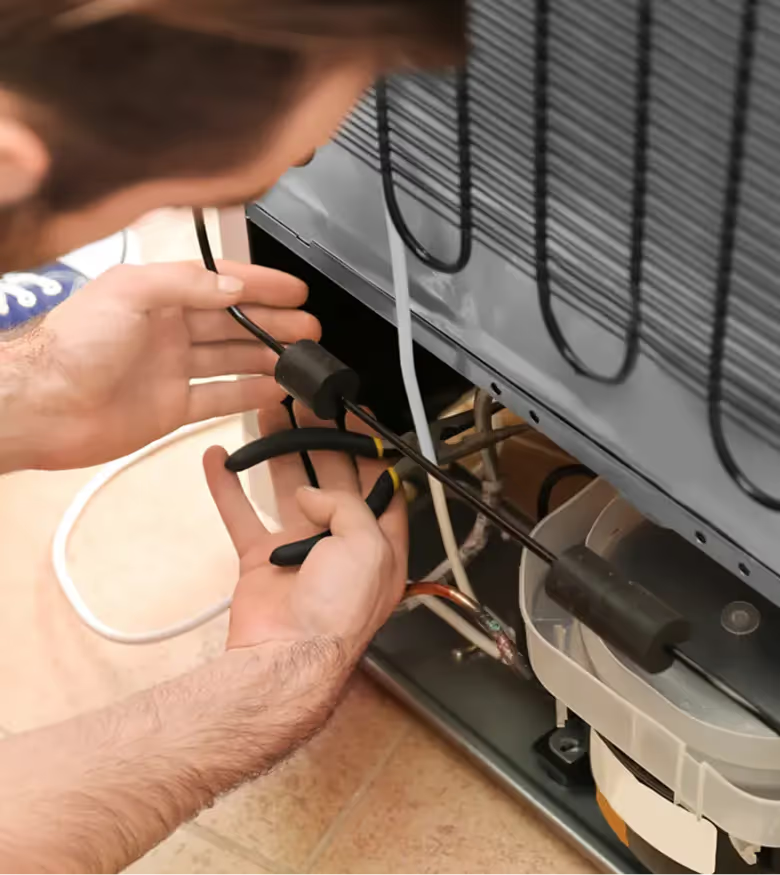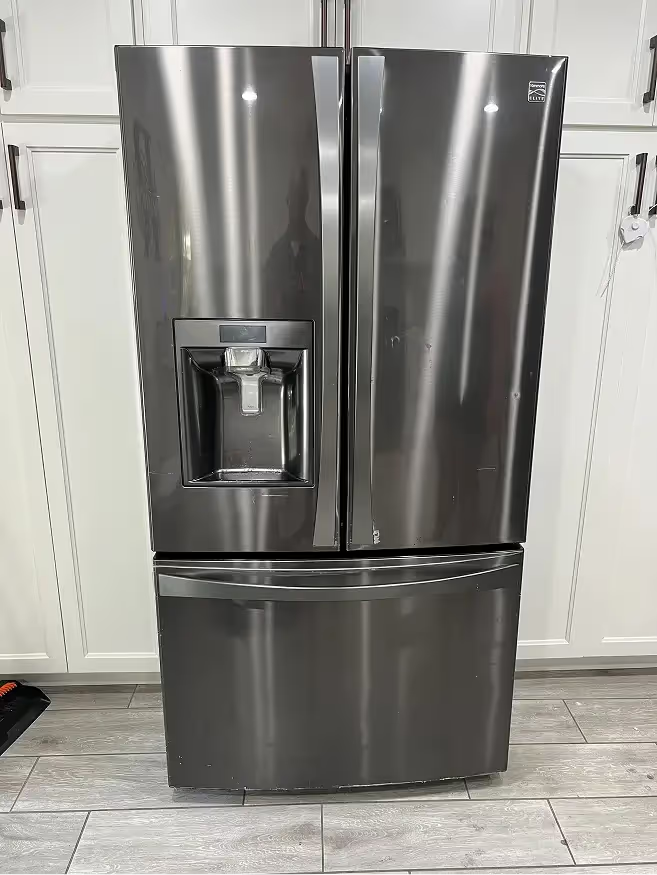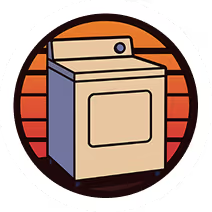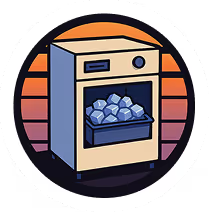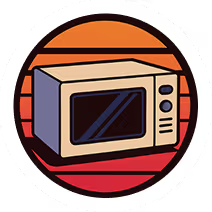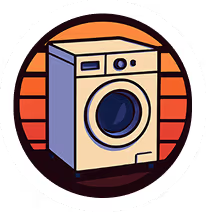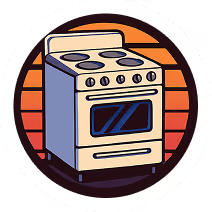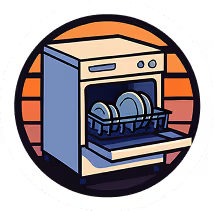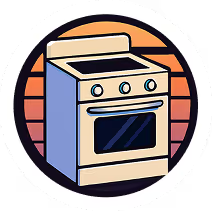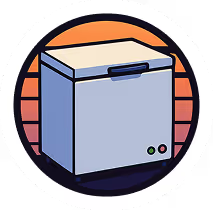When your refrigerator breaks down, it can rapidly become a stressful and expensive problem. A broken fridge may ruin your whole day by ruining food, melting things in the freezer, and stopping your business from running smoothly. That's why our team knows how to fix refrigerators in both homes and businesses. This gives homeowners peace of mind and helps business owners avoid downtime and losing inventory.
We can quickly figure out what's wrong with your home fridge or your restaurant's walk-in cooler and get you back to normal. You can count on us to give you timely, honest, and expert repair service in Eastvale, Riverside, Chino Hills, and the communities around them.
We fix all kinds of fridges
Our expert technicians can fix any type of refrigerator, from daily models to high-end or commercial ones. We are experts in Whirlpool, Samsung, LG, GE, Sub-Zero, Bosch, and other brands.
We service:
- Top-freezer refrigerators
- Bottom-freezer refrigerators
- Side-by-side refrigerators
- French door refrigerators
- Built-in and panel-ready refrigerators
- Wine coolers
- Walk-in coolers and freezers
- Commercial refrigerators (restaurant, café, store units)
No matter the size, style, or brand — we’ll get your fridge running like new.
Problems with refrigerators that we fix every day
We get calls every day about fridge problems like temperature changes, water leaks, or loud operation. These problems happen more often than you'd think. Here are some of the most common problems we fix:
Common issues:
- The freezer is cold but the fridge isn't, or the refrigerator isn't cooling down
- There is water gathering within the fridge or spilling out from under it
- Loud buzzing, clicking, or humming noises
- The ice maker is broken or leaking
- Frost building up within the fridge or freezer compartment
- Door gaskets that are broken or worn out
- Errors in the temperature display or control panel
- Constantly turning on and off or not turning on at all
Don't delay if you're having any of these problems. If you don't treat these issues, they could develop worse or cost more. The sooner we find out what's wrong, the more likely it is that we can solve it easily and cheaply.
What makes refrigerators break?
Refrigerators are complicated machines that need ventilation, temperature sensors, compressors, fans, and refrigerant to work right. If one part of the system breaks down, the whole thing can stop working. Breakdowns often happen slowly. For example, you can notice that your milk goes bad faster, ice forms where it shouldn't, or unusual noises that weren't there before.
Here are some of the most typical reasons why fridges break down:
- Dirty condenser coils – When coils get dirty with dust and pet hair, the fridge can't cool down properly and gets too hot
- Thermostat or control board failure – If your fridge's thermostat or control board isn't working right, it might not be able to sense or change its temperature, which could make it run excessively cold or not at all
- Worn or broken door gaskets – These let cold air out, which makes your fridge work harder and less efficiently
- Non-working fans or motors – These parts move air around within the fridge. If they don't work, the cooling stops or doesn't work evenly
- A clogged defrost drain – This can cause water to build up and seep inside the fridge
- Compressor or refrigerant issues – These are more significant and need professional tools and training to find and fix
Knowing what's wrong lets us treat the problem at its source, not just cover up the symptoms.
Can these issues be avoided?
Yes, in a lot of circumstances. To keep working well and not break down unexpectedly, refrigerators need some basic care. Many homeowners don't know that a little cleaning might make their appliance last longer.
Here are some simple techniques to avoid problems in the future:
- Every six to twelve months, vacuum the coils of the condenser that are behind or under the fridge
- Don't put too much food in the fridge or block the air vents inside
- If the seals on the door are cracked or loose, clean them and put new ones on
- The fridge should be set to 37–40°F and the freezer to 0°F
- To keep mold and buildup from forming in the fridge, clean up spills right away
- Set up regular maintenance for commercial units to make sure they are working properly and following the rules
Taking care of your refrigerator will not only make it last longer, but it will also consume less energy and keep things cooler more consistently, which will save you money in the long term.
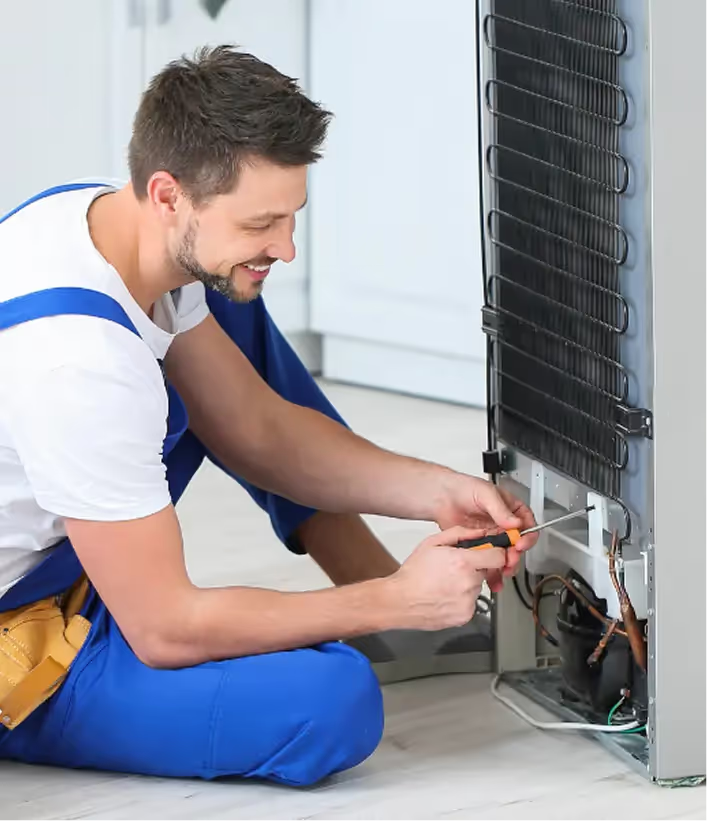
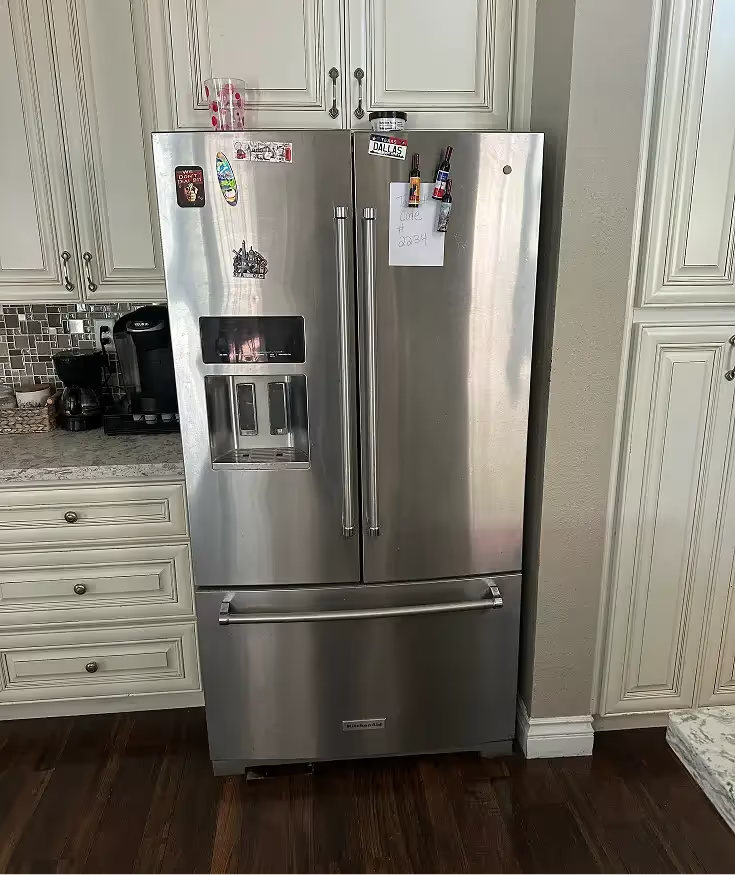

.webp)
